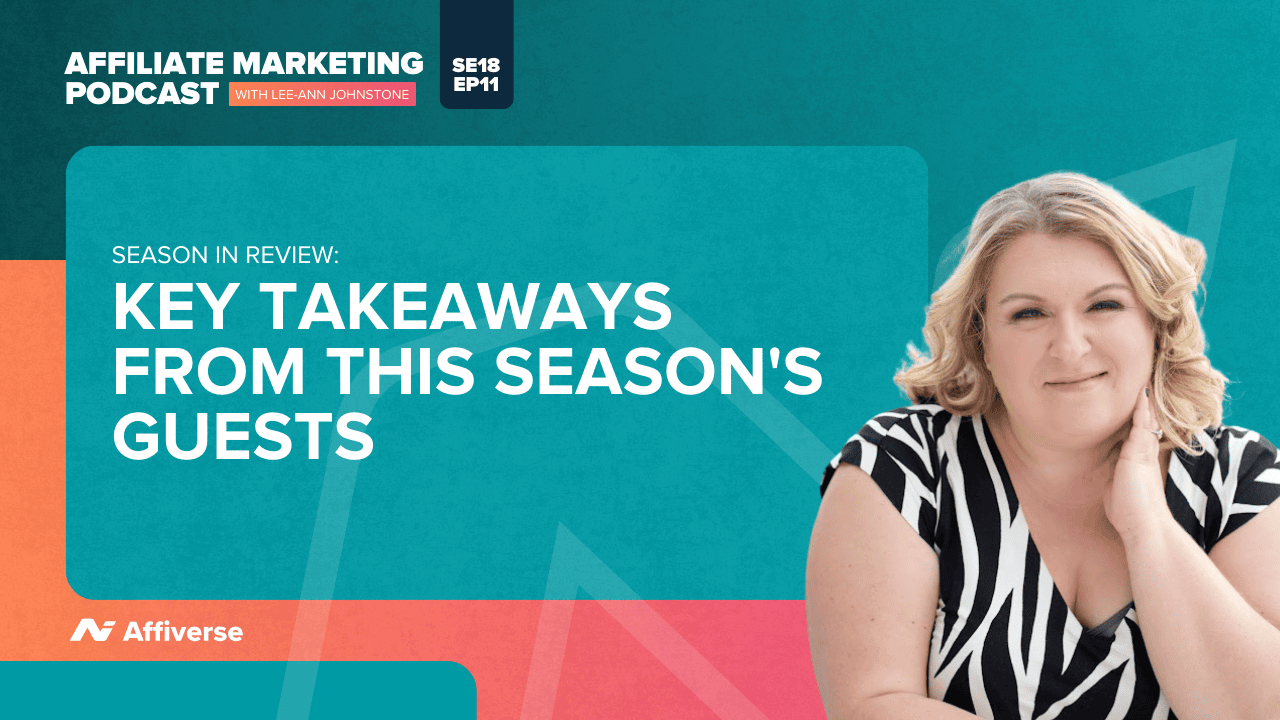Affiliate marketing continues to grow as a powerful way for businesses and individuals to earn income. However, as the industry evolves, so do the challenges and pitfalls. With 2025 on the horizon, staying ahead of the curve means avoiding common mistakes that could derail your success.
Here’s a survival guide to steer clear of the biggest affiliate marketing blunders and ensure your strategies remain effective and profitable.
1. Ignoring data and analytics
One of the biggest mistakes affiliates can make in 2025 is relying on guesswork instead of data. With tools readily available to track clicks, conversions, and user behaviour, there’s no excuse for running campaigns blind.
Why this matters:
Without data, you won’t know what’s working and what isn’t. You might waste time and resources promoting products that don’t resonate with your audience.
How to fix it:
Use analytics platforms to monitor campaign performance. Track key metrics like conversion rates, average order value, and click-through rates. Regularly review your data to refine your strategies and focus on what delivers the best results.
2. Failing to diversify traffic sources
Relying too heavily on a single traffic source, like Google Ads or social media, is risky. Algorithm changes or policy updates can instantly reduce your visibility and earnings.
Why this matters:
A sudden drop in traffic can derail your income, leaving you scrambling to recover.
How to fix it:
Diversify your traffic sources by leveraging a mix of organic search, email marketing, social media, paid ads, and partnerships. Experiment with new platforms like TikTok or Bluesky to expand your reach.
3. Overlooking mobile optimisation
Mobile-first browsing isn’t a trend—it’s the norm. If your content isn’t optimised for mobile devices, you’re likely missing out on a huge chunk of your audience.
Why this matters:
Most users access the internet via mobile, and a poor mobile experience can drive them away.
How to fix it:
Ensure your website, landing pages, and affiliate links are mobile-friendly. Test your site’s performance on various devices and prioritise fast loading times and intuitive navigation.
4. Promoting too many products
It’s tempting to cast a wide net and promote as many products as possible, but this can dilute your focus and confuse your audience.
Why this matters:
Audiences trust affiliates who are selective and knowledgeable. Promoting too many unrelated products can harm your credibility.
How to fix it:
Focus on a niche and choose products that align with your brand and audience. Build trust by providing honest, detailed reviews and sharing personal experiences with the products you promote.
5. Ignoring compliance and regulations
As governments tighten online advertising rules, affiliates must prioritise compliance. Ignoring legal requirements, such as disclosing affiliate links, can result in fines or a damaged reputation.
Why this matters:
Non-compliance can lead to penalties, loss of trust, and even bans from affiliate programs.
How to fix it:
Familiarise yourself with relevant laws, including the FTC guidelines in the US, GDPR in Europe, and the Online Safety Act in the UK. Always disclose affiliate links and ensure your content complies with advertising standards.
6. Over-relying on discounts and promotions
Discount codes and promotional offers are effective, but relying on them exclusively can backfire. Audiences may come to expect discounts and devalue full-price products.
Why this matters:
Constantly promoting discounts can hurt your profitability and reduce the perceived value of the products you’re selling.
How to fix it:
Balance promotional campaigns with value-driven content, such as tutorials, case studies, and product comparisons. Show your audience the benefits of the product beyond its price tag.
7. Neglecting relationship-building
Affiliate marketing isn’t just about driving traffic; it’s about building trust with your audience. If you treat your audience as mere clicks, you’ll struggle to build long-term success.
Why this matters:
Loyal followers are more likely to trust your recommendations and return for future purchases.
How to fix it:
Engage with your audience through comments, emails, and social media interactions. Share authentic stories and insights that demonstrate your expertise and genuine interest in helping them.
8. Forgetting to test and experiment
What worked last year might not work in 2025. Affiliates who stick to the same strategies without testing new ideas risk falling behind.
Why this matters:
The affiliate marketing landscape is constantly changing, and staying static can limit your growth.
How to fix it:
Regularly test different approaches, from content formats to platforms and targeting strategies. Use A/B testing to compare the performance of ads, emails, and landing pages.
9. Choosing the wrong affiliate programs
Not all affiliate programs are created equal. Promoting programs with low commissions, unreliable tracking, or poor customer service can hurt your efforts.
Why this matters:
A bad affiliate program can waste your time and damage your reputation if customers have a poor experience.
How to fix it:
Research programs carefully before signing up. Look for high commission rates, reliable tracking systems, and strong support from the merchant. Choose programs that align with your niche and audience.
10. Failing to adapt to trends
Affiliate marketing is evolving rapidly. Affiliates who resist change risk losing relevance in a competitive industry.
Why this matters:
Ignoring emerging trends, such as the rise of AI or short-form video content, can leave you struggling to compete.
How to fix it:
Stay informed about industry developments by following blogs, attending webinars, and networking with other affiliates. Experiment with new technologies and platforms to keep your strategies fresh.
Final thoughts
Affiliate marketing in 2025 will continue to be a rewarding space, but success requires careful planning and adaptability. By avoiding these common mistakes, affiliates can stay ahead of the competition, build trust with their audience, and achieve sustainable growth.
The key is to remain proactive—embrace data, diversify your approach, and always prioritise the needs of your audience. With the right mindset, 2025 could be your best year yet in affiliate marketing.




















